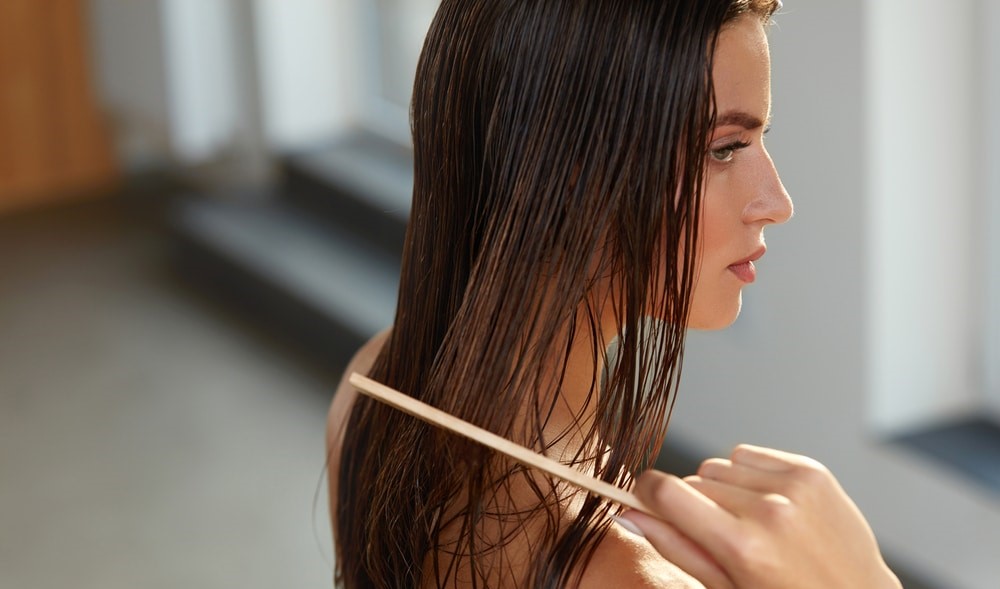Oman today_ To maximize the benefits of zinc, it’s best to take it after a meal to enhance absorption and minimize gastrointestinal issues. However, due to compounds like phytates in certain foods (e.g., grains and legumes) that inhibit zinc absorption, it is recommended to consume zinc supplements at least two hours after meals. Regular and daily intake at a consistent time is crucial for better results in maintaining overall health.
Effects of Zinc on Hair Loss and Growth: The impact of zinc on hair growth depends on the individual’s condition and the severity of zinc deficiency. Studies have shown that treating issues such as alopecia requires at least 12 weeks of consistent zinc supplementation. Generally, it may take a few weeks to several months to observe noticeable improvements in hair health.
Zinc-Rich Food Sources
For those who prefer natural sources of zinc over supplements, consider the following options:
Meat and Seafood: Primary sources of zinc, especially shellfish.
Dairy Products: Foods like milk and cheese, with zinc that is easily absorbed.
Nuts and Seeds: Cashews, pumpkin seeds, and sesame seeds.
Legumes and Whole Grains: Foods like lentils, chickpeas, and brown rice (use cooking methods like soaking and sprouting to reduce phytates).
Note: Avoid taking zinc supplements with dairy products as it may interfere with absorption.
Zinc and Hair Health
Zinc plays a significant role in preventing hair loss and promoting hair growth by:
Strengthening follicles and supporting keratin production.
Maintaining a healthy scalp by preventing dandruff and inflammation.
Regulating hormones and supporting the natural hair growth cycle.
Signs of Zinc Deficiency in Hair
Excessive and gradual hair loss.
Brittle, dry, and damaged hair.
Scalp issues such as dandruff and inflammation.
Premature graying of hair.
In addition to zinc supplementation, maintaining adequate levels of vitamins A and D is essential as their deficiency can impair zinc absorption and affect overall hair health.

